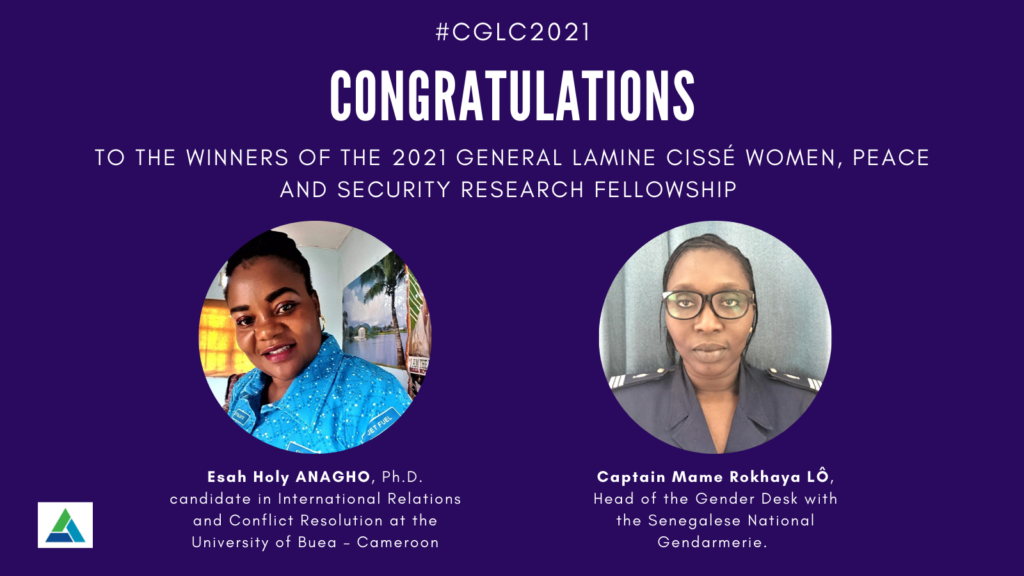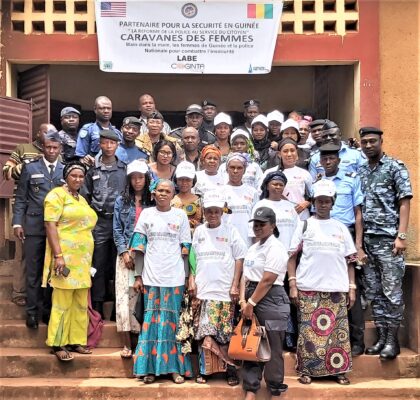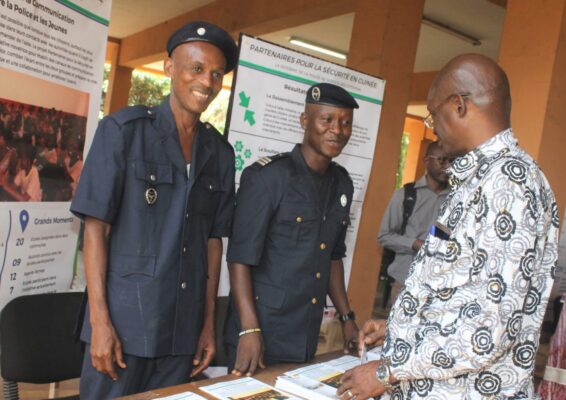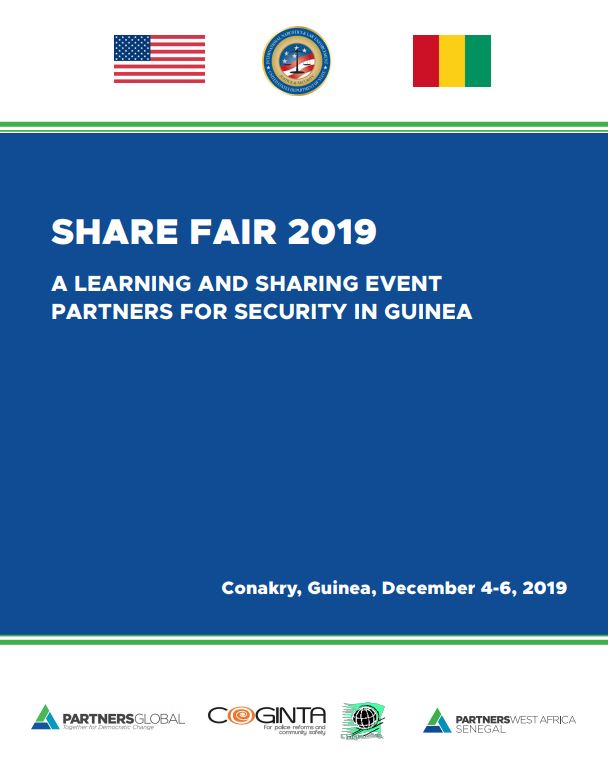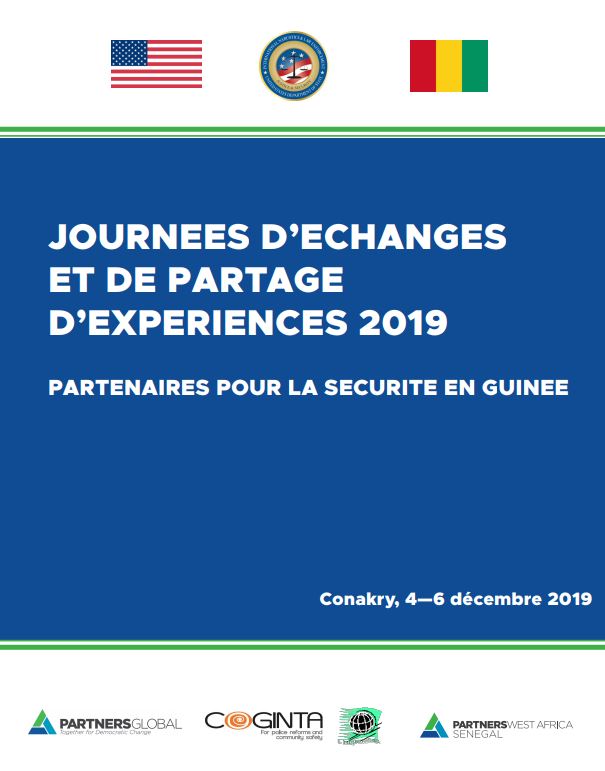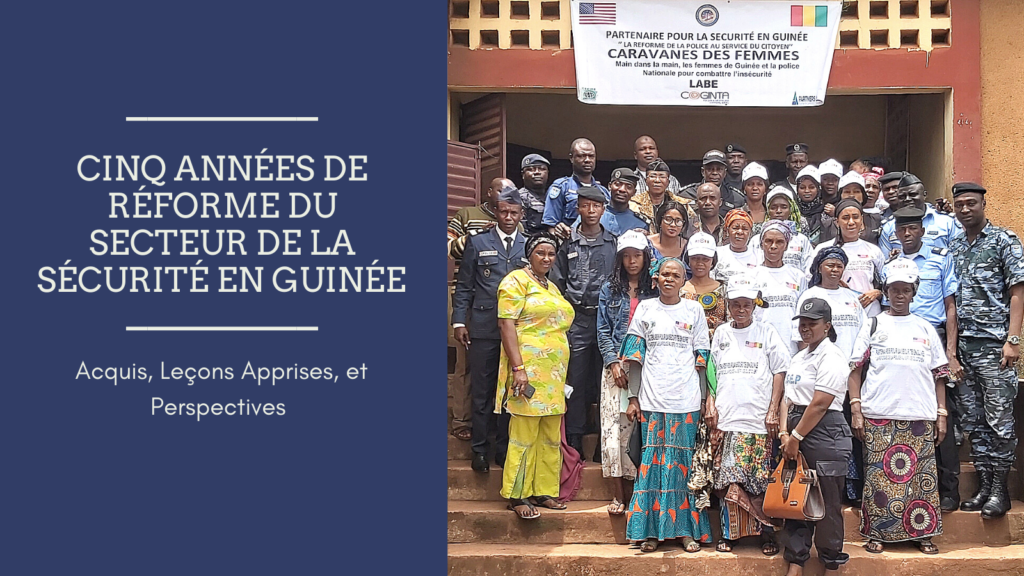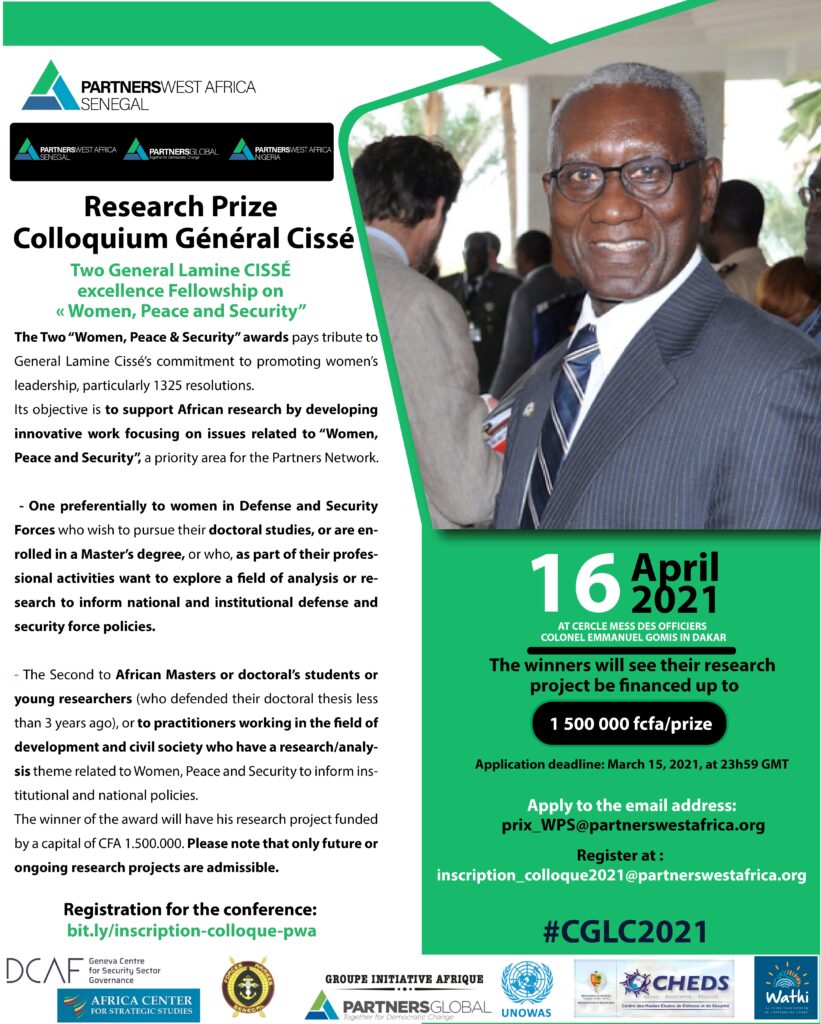by Maliza Bonane of PartnersGlobal and Hadiza Usman of Partners West Africa Nigeria (aka Rule of Law and Empowerment Initiative)
In Nigeria’s Federal Capital Territory (FCT), more than 80% of the prison population is currently awaiting trial. Many detainees are held in overcrowded pre-trial custodial facilities for extended periods of time, with little to no provisions or access to legal counsel. This issue is not unique to the FCT. Custodial center overcrowding is an issue throughout the country. In 2004, a Police Duty Solicitor Scheme (PDSS) was developed by the Open Society Justice Initiative in collaboration with the Legal Aid Council of Nigeria (LACON) and the National Police Force (NPF) and piloted in several states across the country. This program placed young lawyers in police stations as part of their compulsory national service and tasked them with providing legal services to pretrial detainees in order to reduce detention rates. However, the FCT was not part of this program and those stuck in pre-trial detention found themselves in a situation with seemingly no solution.
Partnership and Persistence
Things changed in 2021, when the Reforming Pre-Trial Detention in Nigeria (RPDN) project began implementing the PDSS for the first time in the FCT. The RPDN is a project of PartnersGlobal and is carried out in partnership with Partners West Africa – Nigeria (PWAN), Network of University Legal Aid Institutions Nigeria (NULAI), and New-Rule LLC. The goal of the program is to uphold the principles of the Administration of Criminal Justice Act (ACJA) – a law that guarantees detainees speedy trials, humane treatment, and other human rights. As such, partners work to institutionalize a system of detainee registration, representation, and processing that demonstrates rule of law, respect for human rights, and duty of care for victims, the accused, and their families in the Federal Capital Territory.
RPDN project partner PWAN worked in collaboration with LACON, NPF and the Nigeria Correctional Services (NCoS) to integrate resident pro bono lawyers in 10 different police stations in the FTC – Nyanya, Karmo, Gwagwalada, Garki, Utako, Wuse, Gwarimpa, Jikwoyi, Mabuchi, and Kubwa. The lawyers are responsible for verifying and reinforcing the ACJA detention time limits and conditions. They also assist the first interview of the detainee with the police officer or file bail applications on behalf of detainees.
Impact of PDSS in the FTC
The free legal services provided as part of the PDSS are making a significant difference in preventing unlawful detentions and enacting releases before detainees are transferred to the custodial centers. Since the project started in April 2021, a total of 488 detainees had their first interview with PDSS lawyers, 339 were released on bail, and 75 were released outside of the bail process. In the latter case, the lawyers used conflict resolution skills to engage in dialogue with the police and explain the principles of ACJA, which lead to the releases before suspects formally enter the system. The availability of free legal services at the primary stage allowed the service to be at the disposable of any detainee who wishes to use it.
Furthermore, police officers increasingly refer cases to the lawyers and grant them access to initial interviews with detainees. According to, a Divisional Police Officer currently based in Garki Police station, the presence of the lawyer has reduced the number of detainees that stay above 48 hours in the police station.
“The scheme has positively aided me in my duties of checking the cell daily since I receive feedback as to the condition of the cell from the duty solicitor [lawyer] and my presence has boosted the public confidence in the police station and has reduced litigation against the police from the general public.”
The Seeds of Change
Justice actors in the FCT have taken notice of the impacts of the Police Duty Solicitor Scheme under the RPDN project and are eager to sustain them. Going forward, the Administrative Criminal Justice Monitoring Committee (ACJMC), an interagency government body that oversees the implementation of the ACJA in the FCT, recently made a commitment to deploy lawyers at ten additional police stations under the direction of RPDN project partner PWAN. The ACJMC is also considering setting up telephone call centers of pro bono lawyers that respond to requests for detainees outside of the PDSS stations. Additionally, the police made a commitment to continue its collaboration with the National Youth Service Corp to receive lawyers beyond the RPDN program to ensure lawyers are assigned to police stations for continuous legal services.
Beyond reducing the number of detainees in custodial centers, RPDN’s PDSS activity fortifies the sustainability of our pre-trial services goal. Building on this past experience, PartnersGlobal is looking forward to implementing the activity for another year to ensure rule of law and respect for human rights to more victims, accused, and their families in the FCT.


